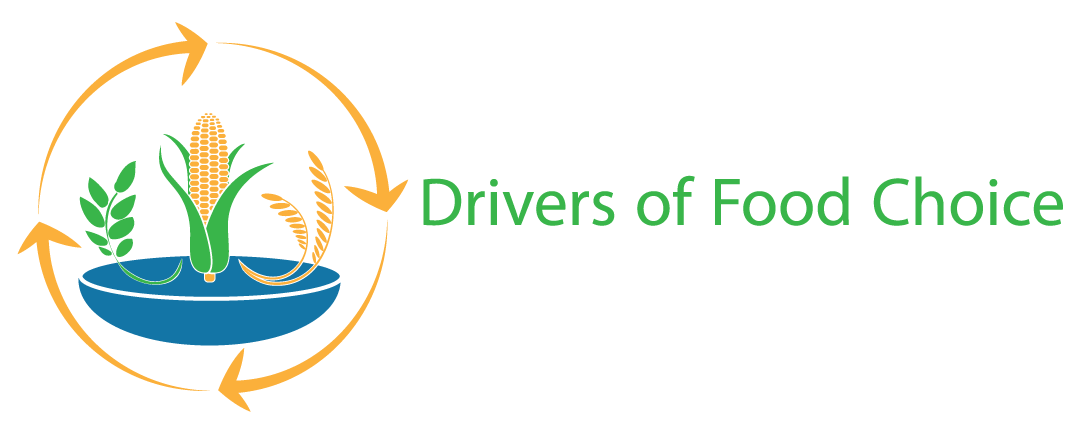Title
Do agricultural input subsidies on staples reduce dietary diversity?
Abstract
There has been a resurgence of interest in agricultural input subsidy (AIS) programmes to boost agricultural productivity and food security. However there is considerable debate regarding the effectiveness and efficiency of AIS investments, including their impact on nutrition. AIS are almost always applied to production of staple crops and aim to increase their productivity and smallholder incomes, usually also with nutrition objectives. However, the overall impact on nutrition is unclear, not least because staples tend to be calorie-dense but low in other nutrients. AIS targeting maize, for example, may lead to increased concentration of production and consumption of maize and could reduce the intake of nutrient-rich foods. Alternatively, if the maize prices fall in real terms, this may enable consumers to purchase other goods including other food items. There is little evidence to determine the direction of impact. The aim of this research is to examine the impact of Malawi’s AIS programme targeting mostly maize on overall food choices, by examining not just price and consumption of maize but crucially the effects of the AIS programme on consumption of other foods. It will also explore the wider context of food preferences and trade-offs, including by gender and socio-economic status.
Lead Institution
London School of Hygiene and Tropical Medicine
Collaborating Institutions
School of Oriental and African Studies, University of London
University of Malawi
Principal Investigator(s)
> Helen Walls, PhD, Assistant Professor, London School of Hygiene & Tropical Medicine, and Leverhulme Centre for Integrative Research on Agriculture & Health
Co-Investigator(s)
> Deborah Johnston, PhD, Reader in Development Economics, School of Oriental and African Studies, University of London, and Leverhulme Centre for Integrative Research on Agriculture & Health
> Richard Smith, PhD, Professor/Dean of Faculty of Public Health and Policy, London School of Hygiene & Tropical Medicine
> Ephraim Chirwa, PhD, Emeritus Professor of Economics, University of Malawi
> Tayamika Kamwanja, MA, Lecturer in Economics, University of Malawi
